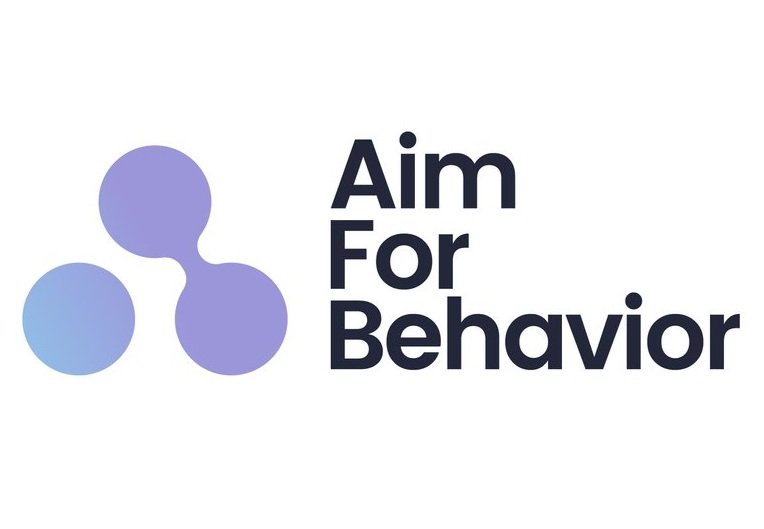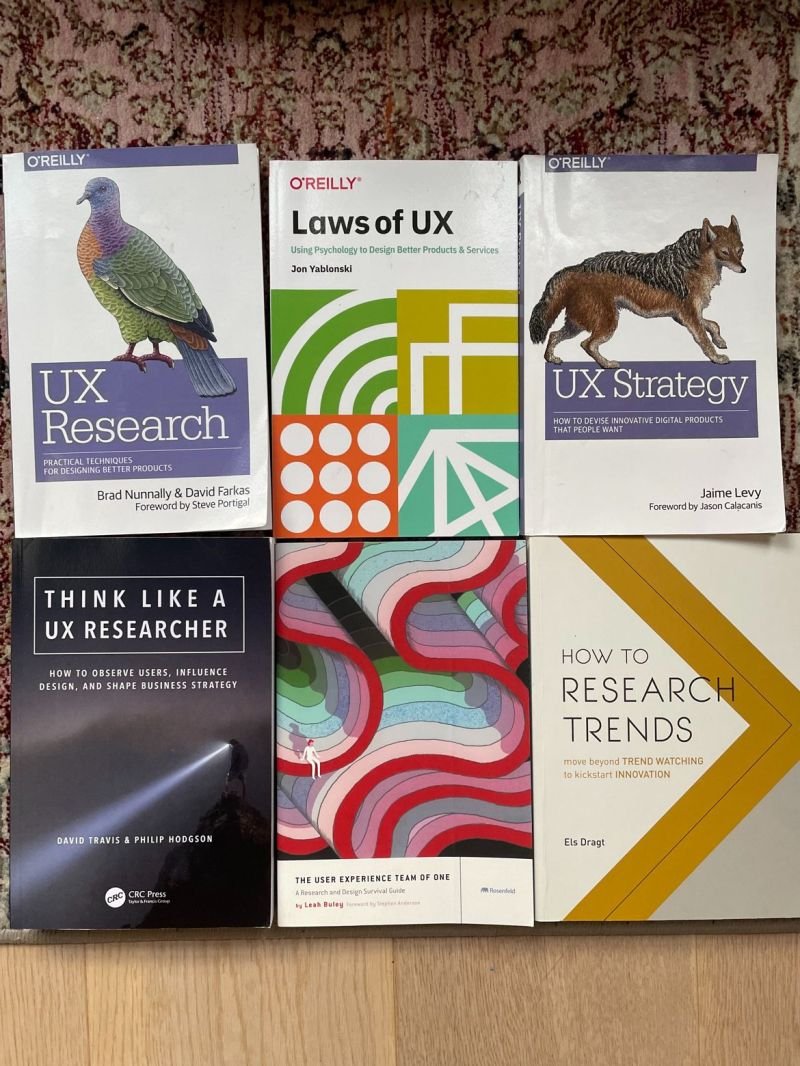Do you think Design Research is something that is overlooked or misunderstood?
According to a great article by Erika Hall there are 9 rules of Design Research which I wanted to share below:
1. Get comfortable being uncomfortable: Embrace uncertainty and value questions. Understand that having all the answers can limit growth and that asking the right questions can lead to profound insights.
2. Ask first, prototype later: Don’t rush to tangible solutions. Initial questions can help identify real problems and prevent waste of resources on incorrect assumptions.
3. Know your goal: Start research with a clear objective. Misaligned goals can lead to confusion and wasted efforts, ensuring everyone is on the same page is essential.
4. Agree on the big questions: Prioritize questions based on risk and significance. Direct queries may not always yield the best insights; often, indirect methods are more revealing.
5. There is always enough time and money: Constraints can foster creativity in research. Avoid traditional, costly methods when simpler, innovative approaches may suffice.
6. Don’t expect data to change minds: Understand that data alone might not influence decisions, especially if it challenges established beliefs. Tailor your presentation to your audience's decision-making process.
7. Embrace messy imperfection: Accept human unpredictability. While structure is essential, it's equally important to recognize the inherent chaos in human behavior.
8. Commit to collaboration: Integrated, team-based research yields richer insights. Collaboration ensures diverse perspectives and better-informed decisions.
9. Find your bias buddies: Everyone holds biases. Collaborative reviews can help identify and balance these biases, ensuring a more objective interpretation of results.
As Erika concludes in her article - "what we’re talking about when we’re talking about design research is really doing evidence-based design" - which is how we also approach projects when working with behavior design - we use a systematic and evidence-based approach. (If you want the link to the article, let me know)
I also wanted to share some books that have helped me:
📕 Just enough research by Erika Hall (not in paperback but I have it on Kindle)
📕 Laws of UX by Jon Yablonski
📕 UX Strategy by Jaime Levy
📕 UX Strategy by Brad Nunnally and David Farkas
📕 Think like a UX Researcher by David Travis and Phillip Hodgson
📕 The User Experience Team of One by Leah Buley
📕 How to Research Trends by Els Dragt
Robert

